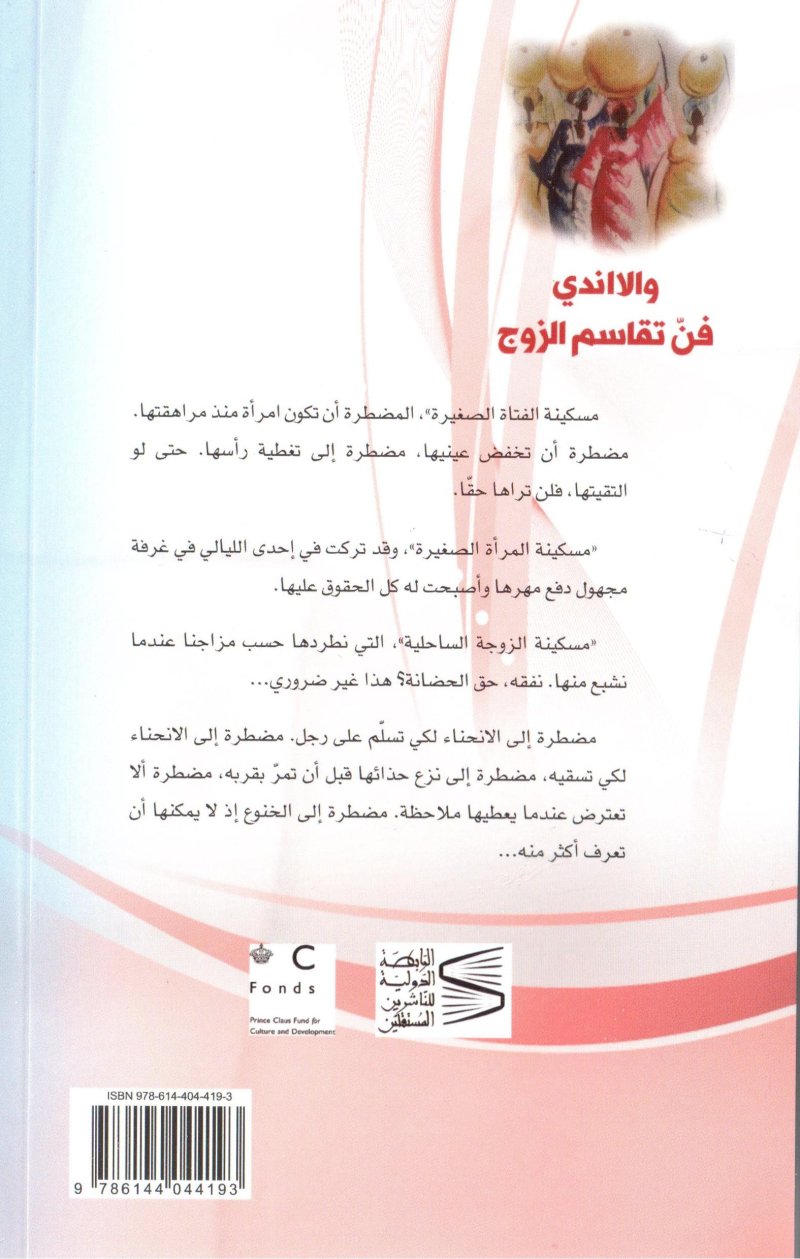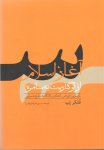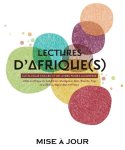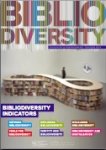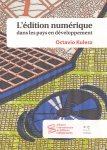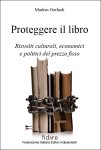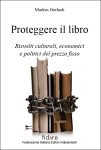
Une coédition des éditions Al Intishar / Centre de publication arabe (Liban), Dar Al Farabi (Liban) et Med Ali Éditions (Tunisie), soutenue par la Fondation Prince Claus, récompensant un flux de traduction rare et favorisant la diffusion des œuvres d’un continent à un autre.
Walaandé, l’art de partager un mari met en exergue les réalités que vivent au quotidien les femmes dans un ménage polygamique. Les principaux thèmes évoqués sont la polygamie, l’éducation de la femme, la discrimination, la violence à l’encontre des femmes, le mariage précoce et forcé, la répudiation.
Ce roman est un vibrant témoignage de la vie des femmes éplorées par des années de musèlement affectif. Un roman qui, autant que possible, balaie les promesses des lendemains chantants qui noient les réalités du quotidien maussade, conflictuel, stressant voire dramatique d’un foyer polygamique riche de sa variété de la gent féminine, des signes extérieurs d’aisance mais achalandés de problèmes.
C’est l’histoire d’une famille musulmane aisée de Maroua comme il y en a tant, où le père de famille, homme d’affaires roule-carrosse, aligne une progéniture nombreuse, s’entoure d’une cour infinie de serviteurs, renouvelle son cheptel féminin au gré de ses humeurs et des rencontres fortuites.
Quatre épouses, une ribambelle d’enfants et un nombreux personnel domestique animent la vie quotidienne d’une maisonnée qui dispose du confort nécessaire pour mener une vie fastueuse. Mais non. Walaandé décrit plutôt une existence fastidieuse pour tous.
Derrière les lambris dorés ornant les remparts servant de clôture à cette concession immense où parfum, couleurs et fleurs annoncent en principe les saveurs du bien-être des gens riches, il n’y aurait finalement qu’ennui, solitude, attente, angoisse, complots et jalousies. Mais surtout, cette dictature masculine, cette condescendance du « répudiateur suprême », cet époux au verbe naguère mielleux qui, du temps où il sollicitait les faveurs de sa cible, lui avait décrit la beauté du mirage où il allait hélas, l’enchaîner. C’est à peine si dans la déclamation de son amour, il ne lui avait fait visualiser les battements de son cœur. La même mélodie du bonheur à Aïssatou, Djaïli, Nafissa, Sakina. Les mêmes déceptions pour toutes.
Ce roman est, comme toute œuvre de l’esprit, inspiré du réel, où vies et envies, charmes et larmes, incertitudes et frustrations ankylosent les énergies féminines, flétrissent les beautés naguère envoutantes. Les travers de la polygamie telle que décrite ici en font un écho au long soupir étouffé de ces milliers de femmes, qui dans leur jeunesse avaient rêvé de l’homme amoureux ; et non seulement de cette limousine parfumée qui d’ailleurs pour luxueuse qu’elle soit, se révèle finalement, la version extérieure d’une prison où s’enterrent les rêves.
Djaïli Amadou AMAL est la première écrivaine du Nord Cameroun. C’est une jeune métisse Peuhle et Égyptienne par sa mère. Cette mixité de ses origines a sans doute favorisé sa liberté d’écrire, écrire seulement, et plus encore sur un sujet jusque là tabou dans sa société, le mariage polygamique, qui on le sait est étroitement lié au mariage précoce des jeunes filles.
Djaïli Amadou AMAL fait sans doute partie de la fine fleur de la nouvelle mouvance des écrivains camerounais du terroir. Son roman a déjà connu une réimpression en moins de six mois. Elle a fait une tournée très remarquée au Cameroun et au Tchad dans les réseaux des Alliances françaises sur le thème de la polygamie.
Date de publication de la traduction en arabe : 2013, 144 pages, 16,5 X 21,5 cm, ISBN : 978-614-404-419-3
Édition originale : 2010, éditions Ifrikiya, Cameroun
